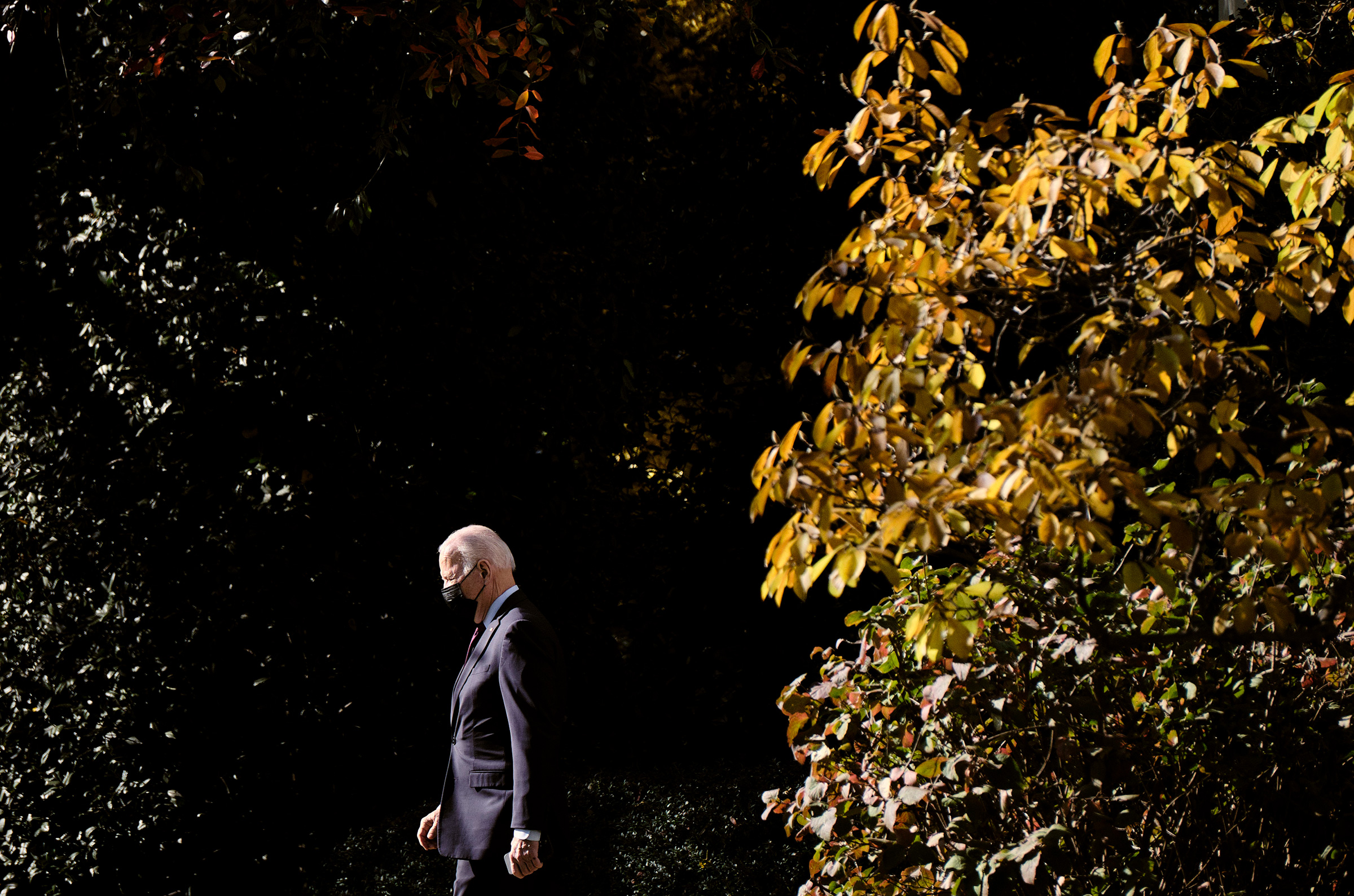
On September 8, 2015, President Obama secured the last three votes to win Senate passage of his historic agreement with Iran, locking in the ability to ensure Iran remained a nuclear weapons free nation. The agreement had been years in the making. Obama had rallied the world to enact a system of crippling economic sanctions on Iran, and then, defying the odds, had united Europe, China, and Russia behind a diplomatic strategy that eventually won an agreement for Iran to roll back its nuclear research and allow unprecedented international inspections of its program.
That same day, presidential candidate Donald Trump authored an op-ed in USA Today eviscerating this massive diplomatic breakthrough. Trump confidently declared that if elected President, he would do better: “A Trump presidency will force the Iranians back to the bargaining table to make a much better deal.”
Once President, Trump’s closest national security advisors begged him not to tear up the deal. They told him the deal was working. Iran had lived up to its promises, shut down major parts of its nuclear program, and allowed the inspectors in. And that unlikely coalition Obama had constructed on Iran policy—America, Europe, China and Russia—was now assembled and ready to get to work on Iran’s other malevolent behavior, like its support for terrorist groups in the region. America was safer with the deal in place, they told him.
But Trump didn’t listen. He scrapped the deal and reimposed sanctions. Not a single other nation joined him, and the other nations in Obama’s coalition took Iran’s side and did their best to help Iran avoid the impact of Trump’s reapplied sanctions. To make matters worse, Iran began to restart parts of its dormant nuclear research program. Within a few years, experts estimated the time it would take Iran to enrich enough weapons-grade uranium for a nuclear weapon (the “breakout time”) had dropped from a year to two months. Iran stepped up other provocative actions, ordering its proxy armies in Iraq to start shooting again at U.S. troops there—after halting such attacks during Obama’s term.
And, of course, Trump made no effort to find that “better deal.” His second Secretary of State, Mike Pompeo, scribbled out a non-sensical list of twelve demands that Iran needed to meet to even begin negotiations, knowing that Iran could never agree to most items. As Trump’s term dragged on, Iran’s nuclear research program grew, their attacks on U.S. forces continued, and their destabilizing activity in the Middle East increased. Trump’s Iran policy proved to be a complete, unconditional fiasco.
The thin silver lining of Trump’s disaster was that at least he was able to test the theory of those that opposed the Iran deal when it was first signed. Those critics wanted Obama instead to keep sanctions in place, even if our partner nations wouldn’t follow suit, until Iran agreed to permanently abandon parts of their nuclear program and negotiate on all of their other wicked behavior in the region. Obama felt this was wishful thinking, and Trump proved him right by spending four years implementing the deal’s critics’ preferred strategy and finding only embarrassing failure.
As I write, President Biden and his team are earnestly trying to pick up the pieces. The Administration has been trying to get Iran back to the negotiating table, but Iran is understandably reluctant after having the rug pulled out from under them once already. Iran’s positions have also been maddeningly hard to pin down: a new Iranian negotiating team came back to the table in December and reversed most of the concessions the previous government had made in the spring.
But going another month or year with Trump’s Iran policy still in place is madness. If Iran chose to seek a nuclear weapon today, they likely only need sixty days to develop the fuel do so. That is a scary reality for our friends in the Middle East, especially Israel. And every day Iran remains this close to becoming a nuclear weapons capable nation, their regional rivals, like Saudi Arabia and Turkey, consider becoming nuclear weapons powers too.
So now is the time for Biden’s negotiating team to make the smart but necessary concessions to restart some version of Obama’s nuclear deal. Yes, Iran is going to have to make equal compromises, but the clock is ticking, and a new deal needs to happen soon. This new deal may not look the same as Obama’s deal due to all the ground we lost during Trump’s presidency. But an agreement by Iran to significantly expand its breakout time and allow all the inspections to resume would make the world a safer place.
And for those who argue against releasing Trump’s sanctions as part of this new deal, it’s clear America has not received a single benefit from keeping them on. Trump’s sanctions were embarrassingly feckless. They didn’t drive Iran to the negotiating table, as Trump promised; instead, they just contributed to Iran’s behavior getting worse.
In the Middle East, those whose criticism of Obama’s deal was the loudest in 2015 are now cheerleading its restart. Those that live closest to Iran have seen how dangerous its behavior has become since Trump pulled out, and they know the region is safer if Iran is farther away from a nuclear weapon than it is today. Biden and his team should do whatever is necessary to get a good deal back in place.
More Must-Reads From TIME
- The 100 Most Influential People of 2024
- Coco Gauff Is Playing for Herself Now
- Scenes From Pro-Palestinian Encampments Across U.S. Universities
- 6 Compliments That Land Every Time
- If You're Dating Right Now , You're Brave: Column
- The AI That Could Heal a Divided Internet
- Fallout Is a Brilliant Model for the Future of Video Game Adaptations
- Want Weekly Recs on What to Watch, Read, and More? Sign Up for Worth Your Time
Contact us at letters@time.com